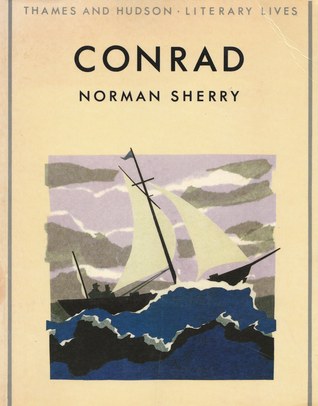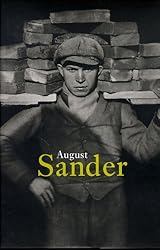Tacitus (c. 56/57-ca. 125) was a Roman orator and historian. In a life that spanned the reigns of the Flavian emperors and of Trajan and Hadrian, he played a part in the public life of Rome and became its greatest historian. (From Encylopedia.com)
Tacitus is one of those writers whose name crops up in other books or reviews I've read so I downloaded a free edition of Germania onto my Kindle. I enjoyed it so much that I bought the Leopold Classic Library Edition of Tacitus' Agricola, Germania and Dialogue on Oratory.
It was after careful consideration that I bought this edition after reading several reviews about other translations which received mixed reviews. Frankly how do I know how accurately Church and Brodribb translated Tacitus' works? But I do like how carefully they annotated each fragment of writing that has been preserved through the ages. I also have the Penguin Editions but they received negative reviews. Still, I suppose it wouldn't hurt to read them and compare.
Germania is the middle work in this trio of writings. As a lover of all types of culture both past and present, I enjoyed Tacitus' thorough description of every aspect of ancient German culture. Of course, this area encompasses broad swaths of Europe that includes many tribes which include the Celts as well as several others whose names are not remembered today.
We have a record of how they dressed, lived their daily lives, reasons for invasion and war and family life. If these day to day descriptions of other people groups from a long time past, written in a fluid style interest you, I recommend reading Tacitus' account.
The account is not long and I read it in one sitting. The other value is knowing the background of a race who played a significant role in Roman life, both as a slave class, bodyguard to Caesars (particularly Caligula), and ultimate invaders and defeaters of that tremendous Empire. In other words, this work is a great supplement to scholars of ancient Roman History.
The Life of Agricola was also a quick read but not as interesting. It is very fragmented with only bits of chapters. Here Tacitus writes about his father-in-law who was the general of the army that invaded and maintained Britain.
There is a lot of speech making and pontificating about the greatness of Agricola and his army, although Tacitus can also be surprisingly critical of his wife's father.
The last work is called, The Dialogue of Oratory and is also is a collection of fragmented chapters. Tacitus uses a contemporary argument strategy, originated by the Greeks (maybe Plato) in which the writer makes his points through a series of dialogues between two or three fictitious characters. One is for his argument, the other is against, and a third plays devil's advocate. In this way we learn Tacitus' opinions about the importance of eloquence, emotion etc. and the other things he deems critical for successful oration and also his criticism of the schools that don't properly teach how to make effective speeches. He spends a good part of the speeches decrying the "decay" of Roman oratory.
I also have Tacitus' Annals and Histories of Rome published by Everyman's Library. I will review that book after I have read it.
Incidentally, as of March 1st I have read 100 books and also have read an additional eleven books towards my next goal of 100 before the end of summer.








